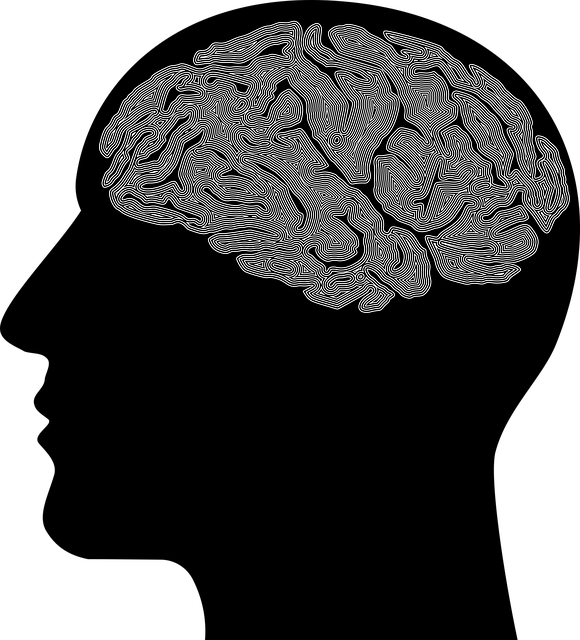Longmont Therapy for Therapists-Clinicians highlights the unique stressors mental health professionals face, such as heavy caseloads and emotional exhaustion. To combat this, it emphasizes evidence-based stress reduction techniques like mindfulness meditation and CBT, which reduce therapist stress, enhance empathy, and contribute to Mental Illness Stigma Reduction Efforts. Building resilience through cultural sensitivity and self-care routines is a cornerstone of effective mental health care, empowering therapists to offer tailored support and fostering nurturing atmospheres for both professional and personal well-being.
In today’s demanding healthcare landscape, stress management is paramount for therapists and clinicians. This comprehensive guide explores effective strategies to mitigate stress within therapeutic settings, focusing on Longmont therapy practices. We delve into the science behind stress, its impact on mental health professionals, and self-care practices essential for resilience. Additionally, we present evidence-based techniques for stress reduction, offering valuable insights tailored specifically for therapists-clinicians.
- Understanding Stress: Its Impact and Sources in Therapists-Clinicians
- The Role of Self-Care in Effective Stress Management for Mental Health Professionals
- Evidence-Based Techniques for Stress Reduction in Therapeutic Settings
- Building Resilience: Strategies for Longmont Therapy Practices
Understanding Stress: Its Impact and Sources in Therapists-Clinicians

Stress is an inevitable part of life, but for therapists and clinicians, managing it effectively is crucial to maintain their own well-being and provide optimal patient care. Understanding the impact of stress on mental health professionals is essential, as they often bear witness to and help others cope with stressful situations. Longmont therapy offers valuable insights into the sources of stress among these professionals, highlighting common triggers such as heavy caseloads, emotional drain from intense client interactions, and the constant demand for optimal performance.
The development of coping skills is vital in mitigating these stressors. Healthcare provider cultural competency training and risk assessment for mental health professionals can play a significant role in identifying personal vulnerabilities and fostering resilience. By learning to recognize their own stress signals, therapists-clinicians can proactively implement healthy coping strategies, ensuring they remain equipped to support their clients’ journeys towards mental well-being without compromising their own.
The Role of Self-Care in Effective Stress Management for Mental Health Professionals

For mental health professionals, stress management is not a luxury but an essential tool for maintaining well-being and optimal performance. Self-care plays a pivotal role in this process, acting as a foundation upon which effective crisis intervention guidance and conflict resolution techniques can flourish. By prioritizing self-care, therapists and clinicians foster resilience, enabling them to better support their clients in navigating challenging situations.
Longmont Therapy for Therapists-Clinicians emphasizes the importance of integrating stress management into their practice. This includes adopting conflict resolution techniques that promote healthy boundaries and prevent burnout. Through regular practices like mindfulness meditation, physical exercise, and adequate sleep, professionals can build resilience against stressful events. Such proactive measures ensure they are equipped to handle not only the day-to-day demands of their work but also unexpected crises, providing effective guidance tailored to each client’s unique needs.
Evidence-Based Techniques for Stress Reduction in Therapeutic Settings

In therapeutic settings, evidence-based techniques for stress reduction play a pivotal role in fostering a healthy and supportive environment for both therapists and clients. Longmont Therapy for Therapists-Clinicians offers a range of effective strategies that have been scientifically proven to mitigate stress. One such approach is mindfulness meditation, which encourages professionals to stay present and focused on the moment, thereby reducing anxiety and improving overall well-being. Additionally, cognitive behavioral therapy (CBT) techniques help therapists identify and change negative thought patterns, leading to decreased stress levels and enhanced empathy building strategies.
These practices extend beyond individual therapy sessions and contribute to a broader goal of Mental Illness Stigma Reduction Efforts within the therapeutic community. Regular participation in Stress Management Workshops Organization has been shown to improve resilience among healthcare providers, allowing them to better support their clients. By integrating these evidence-based techniques into their practice, therapists can create a more nurturing atmosphere, ultimately benefiting both their professional and personal lives.
Building Resilience: Strategies for Longmont Therapy Practices

In Longmont therapy practices, building resilience is a cornerstone of effective mental health care. Therapists and clinicians play a vital role in equipping individuals with tools to navigate life’s challenges. By incorporating strategies that foster adaptability and emotional fortitude, practitioners can help clients develop a robust psychological foundation. This involves not just addressing immediate concerns but also teaching coping mechanisms that prove beneficial in the long term.
Longmont therapy for therapists emphasizes cultural sensitivity in mental healthcare practice, ensuring that support services are tailored to meet diverse client needs. Encouraging self-care routine development for better mental health is another key aspect. Therapists can guide clients in identifying healthy habits and practices that promote resilience, enabling them to manage stress effectively and recover from traumatic experiences efficiently. This holistic approach not only enhances the therapeutic journey but also empowers individuals to lead more fulfilling lives.
In conclusion, managing stress is an integral part of being a therapist or clinician. By understanding the impact and sources of stress, prioritizing self-care, adopting evidence-based techniques, and building resilience, professionals in Longmont therapy settings can enhance their well-being and provide even more effective care for their clients. Implementing these strategies is not just beneficial for individual therapists but also strengthens the overall mental health landscape of our communities.










